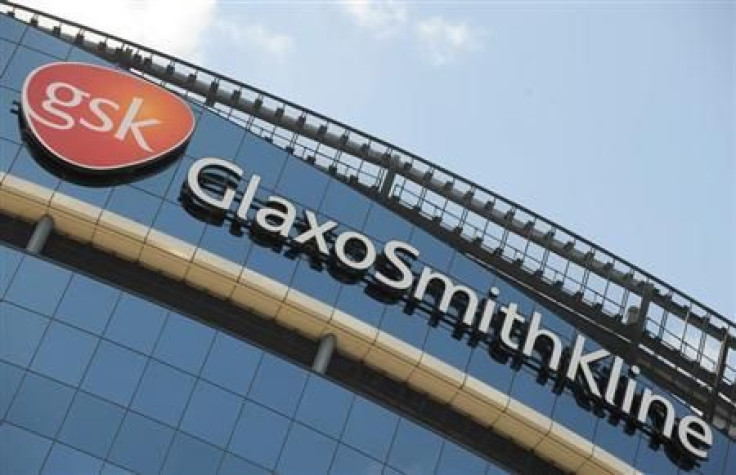After GSK Crisis, China's Anti-Corruption Drive No Damper On Foreign Business Enthusiasm

For the British pharmaceutical giant GlaxoSmithKline (LON:GSK), it’s difficult to imagine a more attractive market than China: In addition to being the world’s largest country, China has an aging population that is growing more affluent by the year, a perfect situation for a company selling high-end medicine.
But there's a catch: China can be a difficult place to do business. Last week, the Financial Times reported that in 2001 GSK fired around 30 employees from its vaccine division for offering bribes and kickbacks to doctors in exchange for promoting GSK medicine. GSK claims that it has since restructured its practices to avoid another issue. But the problems have continued: When GSK hired ChinaWhys, a due-diligence firm, to investigate a leaked sex tape featuring Mark Reilly, a GSK executive, Chinese police arrested ChinaWhys executives for accumulating data on Chinese citizens.
These problems have begun to affect GSK’s bottom line. The company's second quarter earnings report showed a 4 percent decline in sales; in China, the decline was 25 percent. Glaxo shares have dropped almost 4 percent in London since the beginning of the year, while the rest of the pharma sector in Europe rose.
Corruption is endemic in China, but the pharmaceutical industry is particularly rife. Multi-national companies operate in a highly fragmented industry; scores of small, domestic companies jostle to sell drugs to doctors, many of whom typically work long hours for little pay. The incentive for bribery is strong.
More pertinently, though, GSK’s problems have arisen during an era when the calculus for foreign business in China is changing. Since assuming China’s presidency in 2013, Xi Jinping has launched a wide anti-corruption campaign that has begun to remake business in a country where economic growth at all costs had long been the sole priority. So far, the campaign has focused on two facets: Removing ostentatious displays of official privilege, and targeting high-level officials like Zhou Yongkang, China’s former internal security czar, who is currently under state investigation.
But the anti-corruption campaign also has implications for foreign businesses, including those like GSK that entered the Chinese market when the political climate was very different.
“There used to be this assumption that if a country was going to do business in an emerging market, business practices would be looser and there’d be ethical gray areas they’d be comfortable with,” says Joel Whitaker, Global Head of Research at Frontier Strategy Group and an expert in the pharmaceutical industry.
“That’s a dangerous and counterproductive way to do business in China today.”
One consequence of the changes may be that foreign companies may be forced to rely less on Chinese partners. In a country where cultivating personal relationships remains integral to business success, multi-national firms can no longer outsource this aspect of business to their domestic partners.
“Foreign companies have to cultivate relationships with stakeholders throughout the Chinese government, from central to provincial to state levels,” said Samm Sacks, a China analyst at the Eurasia Group, a political risk consultancy. “And they’ll need key contacts in academia and research in addition to just government.”
Yet the risk of a GSK-style crisis is unlikely to deter businesses from entering the China market, said Jack Perkowski, founder and managing director of JFP Holdings, a China business advisory.
"One large company after another is telling me that they have to get into China, so interest in the country is continuing. Companies just have to realize that they're in a foreign country."
“Anyone who thinks that GSK’s problems is a deterrent to investing in China is not keeping his eye on the ball,” Whitaker said.
© Copyright IBTimes 2024. All rights reserved.











